Quantum Leap Forward: From Labs to Real-World Impact
Unlocking a New World with Quantum Computing Imagine a computer so powerful it could solve puzzles in seconds that would take today’s fastest machines billions of years. This isn’t a scene from a sci-fi movie—it’s the promise of quantum computing. Unlike regular computers, which use bits to process information as 0s or 1s, quantum computers use quantum bits, or qubits, which can be 0, 1, or both at the same time. This ability, called superposition, makes quantum computers incredibly fast at tackling complex problems. From designing life-saving drugs to securing our online data, quantum computing is stepping out of research labs and into the real world, creating possibilities we once thought were impossible. In this 4,000-word blog, we’ll dive deep into what quantum computing is, how it’s already changing industries, and why it’s one of the most exciting technologies today. With simple language, engaging stories, and practical insights, we’ll explore this quantum leap forward and show you why it matters. Get ready for a fun, informative journey into the future! What Is Quantum Computing? A Simple Explanation Quantum computing sounds complicated, but let’s break it down. Regular computers work like a light switch—either on (1) or off (0). Every task, from sending an email to playing a video game, is broken into these 0s and 1s. Quantum computers, however, are more like a spinning coin that can be heads, tails, or both at once. This is because of qubits, which use quantum properties like superposition and entanglement. Superposition lets qubits hold multiple states at once, while entanglement creates a special connection between qubits, allowing them to work together in ways regular bits can’t. This makes quantum computers great for solving problems with lots of variables, like finding the best route for delivery trucks or simulating how molecules behave. Right now, companies like IBM, Google, and D-Wave are building quantum computers, but they’re still expensive and tricky to use. Over time, as the technology improves, quantum computing could become as common as laptops. For now, it’s a powerful tool for scientists and businesses tackling big challenges. From Labs to Reality: How Quantum Computing Is Being Used Quantum computing is already making waves outside the lab. One exciting area is drug discovery. Creating a new medicine can take years because scientists need to test how millions of molecules interact. Quantum computers can simulate these interactions much faster than regular computers. For example, Google’s quantum team partnered with pharmaceutical companies to model complex proteins, speeding up the process of finding new drugs for diseases like cancer. Another area is cryptography, where quantum computers can crack codes that protect our online data. This is a double-edged sword—while it could make hacking easier, it’s also pushing experts to create “quantum-safe” encryption. In logistics, companies like Volkswagen use quantum computers to optimize traffic routes, saving time and fuel. Even climate science benefits, as quantum computers can model weather patterns more accurately, helping us fight climate change. These real-world uses show that quantum computing isn’t just a theory—it’s solving problems today. As more industries adopt it, we’ll see even bigger impacts in our daily lives. The Challenges of Quantum Computing: What’s Holding It Back? Despite its potential, quantum computing faces big hurdles. First, quantum computers are super sensitive. Qubits can lose their quantum state if disturbed by tiny changes in temperature, vibration, or even cosmic rays. This is called “decoherence,” and it’s why quantum computers need to be kept in super-cold environments, often near absolute zero (-459°F). Second, building stable qubits is tough. Current quantum computers have only a few dozen qubits, but solving major problems might require thousands or millions. Third, programming quantum computers is a whole new ballgame. Regular coding languages don’t work well, so developers need to learn quantum-specific languages like Qiskit or Cirq. Finally, quantum computers are expensive—some cost millions of dollars to build and maintain. These challenges mean quantum computing isn’t ready for every home or business yet. But researchers are making progress, with breakthroughs in error correction and qubit stability. In a few years, these hurdles could shrink, bringing quantum power to more people and industries. A Quantum Story: Coding the Future At a recent science meetup in London, I saw something amazing that shows how quantum computing is inspiring people. An app developer in London shared a quantum algorithm simulator they’d coded for a demo night. This app let users play with quantum concepts like superposition and entanglement on their phones, making a complex topic fun and accessible. The developer explained how they got curious about quantum co

Unlocking a New World with Quantum Computing
Imagine a computer so powerful it could solve puzzles in seconds that would take today’s fastest machines billions of years. This isn’t a scene from a sci-fi movie—it’s the promise of quantum computing. Unlike regular computers, which use bits to process information as 0s or 1s, quantum computers use quantum bits, or qubits, which can be 0, 1, or both at the same time. This ability, called superposition, makes quantum computers incredibly fast at tackling complex problems. From designing life-saving drugs to securing our online data, quantum computing is stepping out of research labs and into the real world, creating possibilities we once thought were impossible. In this 4,000-word blog, we’ll dive deep into what quantum computing is, how it’s already changing industries, and why it’s one of the most exciting technologies today. With simple language, engaging stories, and practical insights, we’ll explore this quantum leap forward and show you why it matters. Get ready for a fun, informative journey into the future!
What Is Quantum Computing? A Simple Explanation
Quantum computing sounds complicated, but let’s break it down. Regular computers work like a light switch—either on (1) or off (0). Every task, from sending an email to playing a video game, is broken into these 0s and 1s. Quantum computers, however, are more like a spinning coin that can be heads, tails, or both at once. This is because of qubits, which use quantum properties like superposition and entanglement. Superposition lets qubits hold multiple states at once, while entanglement creates a special connection between qubits, allowing them to work together in ways regular bits can’t. This makes quantum computers great for solving problems with lots of variables, like finding the best route for delivery trucks or simulating how molecules behave. Right now, companies like IBM, Google, and D-Wave are building quantum computers, but they’re still expensive and tricky to use. Over time, as the technology improves, quantum computing could become as common as laptops. For now, it’s a powerful tool for scientists and businesses tackling big challenges.
From Labs to Reality: How Quantum Computing Is Being Used
Quantum computing is already making waves outside the lab. One exciting area is drug discovery. Creating a new medicine can take years because scientists need to test how millions of molecules interact. Quantum computers can simulate these interactions much faster than regular computers. For example, Google’s quantum team partnered with pharmaceutical companies to model complex proteins, speeding up the process of finding new drugs for diseases like cancer. Another area is cryptography, where quantum computers can crack codes that protect our online data. This is a double-edged sword—while it could make hacking easier, it’s also pushing experts to create “quantum-safe” encryption. In logistics, companies like Volkswagen use quantum computers to optimize traffic routes, saving time and fuel. Even climate science benefits, as quantum computers can model weather patterns more accurately, helping us fight climate change. These real-world uses show that quantum computing isn’t just a theory—it’s solving problems today. As more industries adopt it, we’ll see even bigger impacts in our daily lives.
The Challenges of Quantum Computing: What’s Holding It Back?
Despite its potential, quantum computing faces big hurdles. First, quantum computers are super sensitive. Qubits can lose their quantum state if disturbed by tiny changes in temperature, vibration, or even cosmic rays. This is called “decoherence,” and it’s why quantum computers need to be kept in super-cold environments, often near absolute zero (-459°F). Second, building stable qubits is tough. Current quantum computers have only a few dozen qubits, but solving major problems might require thousands or millions. Third, programming quantum computers is a whole new ballgame. Regular coding languages don’t work well, so developers need to learn quantum-specific languages like Qiskit or Cirq. Finally, quantum computers are expensive—some cost millions of dollars to build and maintain. These challenges mean quantum computing isn’t ready for every home or business yet. But researchers are making progress, with breakthroughs in error correction and qubit stability. In a few years, these hurdles could shrink, bringing quantum power to more people and industries.
A Quantum Story: Coding the Future
At a recent science meetup in London, I saw something amazing that shows how quantum computing is inspiring people. An app developer in London shared a quantum algorithm simulator they’d coded for a demo night. This app let users play with quantum concepts like superposition and entanglement on their phones, making a complex topic fun and accessible. The developer explained how they got curious about quantum computing after reading about its potential to solve problems like climate modeling. They spent months learning quantum programming and built the simulator to share their passion with others. The crowd loved it, especially students who got to see quantum ideas in action. This small project shows how quantum computing is sparking creativity beyond big labs. It’s not just scientists—everyday coders and innovators are jumping in, creating tools to teach and explore. This kind of enthusiasm is helping spread quantum knowledge, making it easier for the next generation to join the quantum revolution.
Industries Transformed: Quantum’s Big Impact
Quantum computing is set to shake up many industries. In finance, banks like JPMorgan Chase are using quantum algorithms to optimize investment portfolios and detect fraud faster. These tasks involve crunching huge amounts of data, which quantum computers handle with ease. In manufacturing, quantum computers can improve supply chains by finding the most efficient ways to produce and deliver goods. For example, Airbus is exploring quantum computing to design lighter, stronger airplane parts. In cybersecurity, quantum computers could both break and build encryption systems, leading to a race to develop unhackable networks. Even artificial intelligence (AI) gets a boost—quantum computers can train AI models faster, making things like self-driving cars smarter. These changes won’t happen overnight, but they’re already starting. Companies that adopt quantum technology early could gain a big advantage, while others might struggle to keep up. For students or professionals, learning about quantum computing now could open doors to exciting careers in these transforming industries.
How to Get Started with Quantum Computing
Want to dip your toes into quantum computing? You don’t need a PhD or a million-dollar lab! First, start with free online resources. IBM’s Qiskit platform offers tutorials and a quantum simulator to practice coding. Microsoft’s Quantum Development Kit is another great tool for beginners. Second, join online communities like Reddit’s r/QuantumComputing or quantum meetups to connect with others. Third, read simple books like “Quantum Computing for Babies” (yes, it exists!) or “Quantum Computing for Everyone” to grasp the basics. If you’re a coder, try learning Python, since many quantum tools use it. You can also experiment with quantum-inspired projects, like building a simple algorithm to solve a math puzzle. For students, ask your school about quantum computing clubs or competitions. The key is to start small and stay curious. Quantum computing is a growing field, and even basic knowledge can lead to big opportunities in science, tech, or business. Plus, it’s just cool to say you’re learning quantum!
The Future of Quantum Computing: What’s Next?
What does the future hold for quantum computing? Experts predict that by 2030, quantum computers could be powerful enough to solve problems we can’t even imagine today. One big goal is “quantum advantage,” where quantum computers clearly outperform regular ones for practical tasks. This could lead to breakthroughs in areas like renewable energy, where quantum computers might design better solar panels or batteries. Another exciting idea is quantum internet, a super-secure network using entanglement to protect data. We might also see quantum computers in everyday devices, like phones or cars, as the technology gets smaller and cheaper. Governments and companies are investing billions—China, the U.S., and the EU all have major quantum research programs. But the future isn’t just about tech. It’s about people—students, coders, and dreamers—who will use quantum computing to solve global challenges. Whether it’s curing diseases or saving the planet, the quantum future is bright, and we’re all invited to be part of it.
Ethical Questions: Is Quantum Computing Safe?
With great power comes great responsibility, and quantum computing raises some big ethical questions. One worry is cybersecurity. If quantum computers can break today’s encryption, could they be used by hackers or governments to spy on people? This is why experts are racing to build quantum-safe encryption. Another concern is access. Right now, only big companies and rich countries can afford quantum computers. Will this create a “quantum divide,” where some people benefit while others are left behind? There’s also the question of jobs. Quantum computing could automate tasks in fields like finance or logistics, potentially replacing workers. On the flip side, it could create new jobs for quantum programmers and engineers. Finally, there’s the unknown—what happens if quantum computers are used for harmful purposes, like designing dangerous weapons? These questions don’t have easy answers, but they’re important to think about. By planning now, we can make sure quantum computing helps everyone, not just a few.
Practical Tips for Staying Quantum-Ready
Ready to embrace the quantum revolution? Here are some practical tips to stay ahead. First, follow quantum news on sites like Quantum Daily or MIT Technology Review. They explain breakthroughs in simple terms. Second, take free online courses from platforms like Coursera or edX—many offer quantum computing 101 classes. Third, experiment with quantum tools. IBM’s Quantum Experience lets you run real quantum code for free. Fourth, network with quantum enthusiasts. Attend virtual conferences or join LinkedIn groups to learn from experts. Fifth, think about your career. Fields like AI, cybersecurity, and chemistry will need quantum skills, so consider adding them to your resume. Finally, stay curious and patient. Quantum computing is complex, but every step you take brings you closer to understanding it. Even if you’re not a scientist, you can still be part of this exciting field. By staying informed and engaged, you’ll be ready for the quantum-powered world of tomorrow.
Embracing the Quantum Future
Quantum computing is no longer a far-off dream—it’s here, changing how we solve problems and opening doors to a better future. From speeding up drug discovery to securing our data, this technology is making a real-world impact. Yes, there are challenges, like building stable qubits and keeping costs down, but the progress is unstoppable. We’ve seen how industries like finance, healthcare, and AI are already benefiting, and how everyday people, like the app developer in London, are joining the quantum wave with creative projects. The future promises even more—quantum internet, climate solutions, and maybe even quantum apps on your phone. The best part? You don’t need to be a genius to get involved. Start learning, stay curious, and think about how you can use quantum computing to make a difference. This is a quantum leap forward for humanity, and we’re all invited to jump in. Let’s shape a future that’s smarter, safer, and full of possibilities!










































































































































































![[The AI Show Episode 144]: ChatGPT’s New Memory, Shopify CEO’s Leaked “AI First” Memo, Google Cloud Next Releases, o3 and o4-mini Coming Soon & Llama 4’s Rocky Launch](https://www.marketingaiinstitute.com/hubfs/ep%20144%20cover.png)
















































































































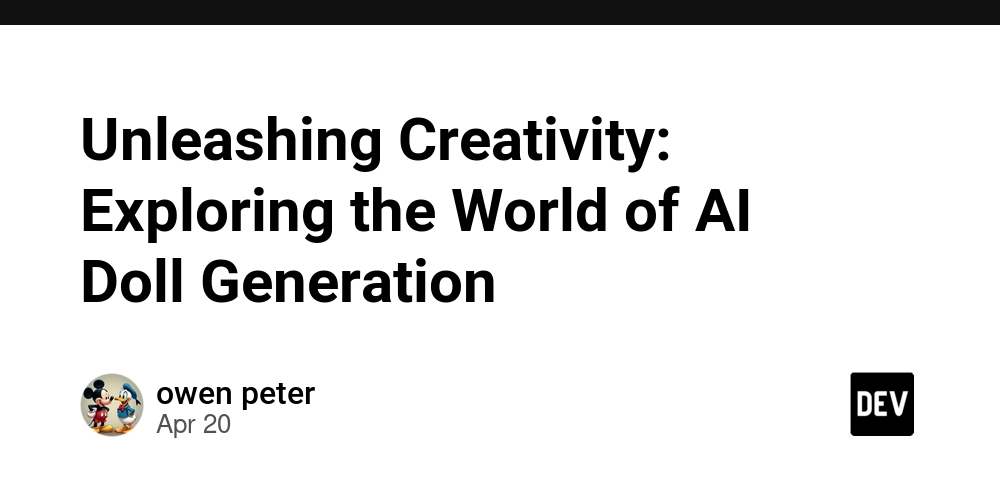
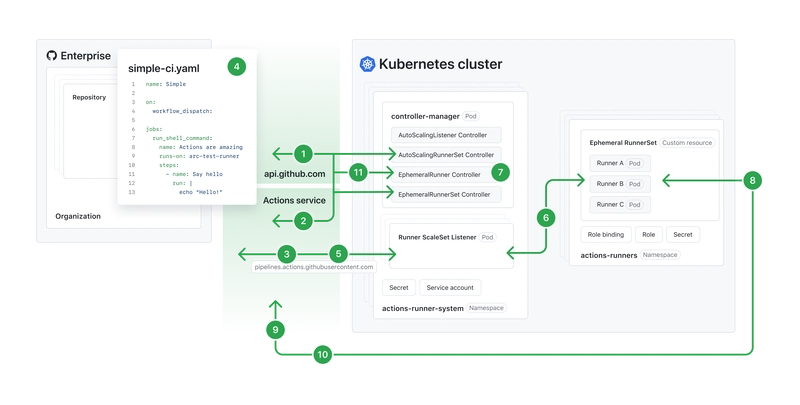
![[DEALS] The All-in-One Microsoft Office Pro 2019 for Windows: Lifetime License + Windows 11 Pro Bundle (89% off) & Other Deals Up To 98% Off](https://www.javacodegeeks.com/wp-content/uploads/2012/12/jcg-logo.jpg)





































![Is this too much for a modular monolith system? [closed]](https://i.sstatic.net/pYL1nsfg.png)






















































































































_Andreas_Prott_Alamy.jpg?width=1280&auto=webp&quality=80&disable=upscale#)









































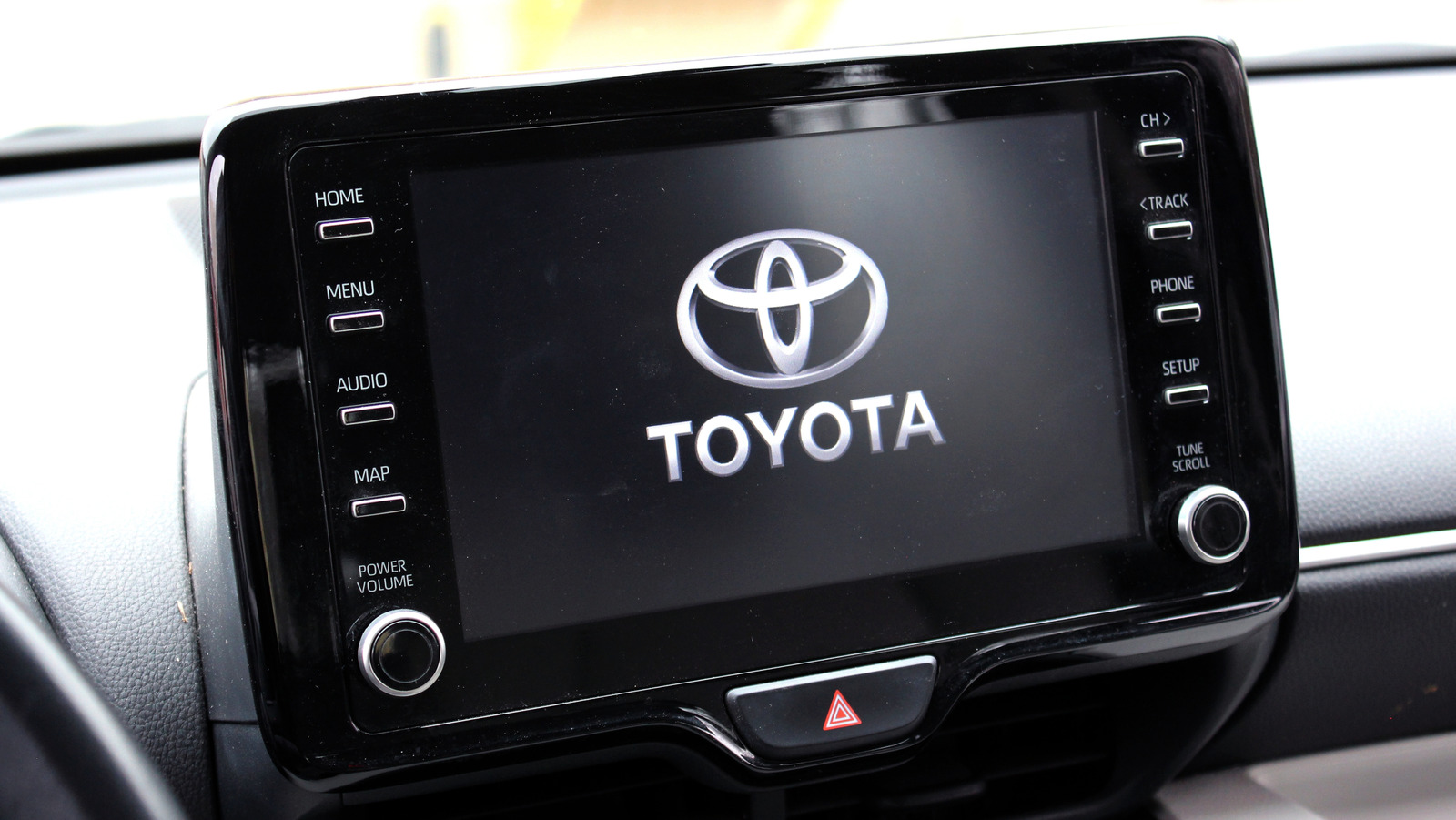














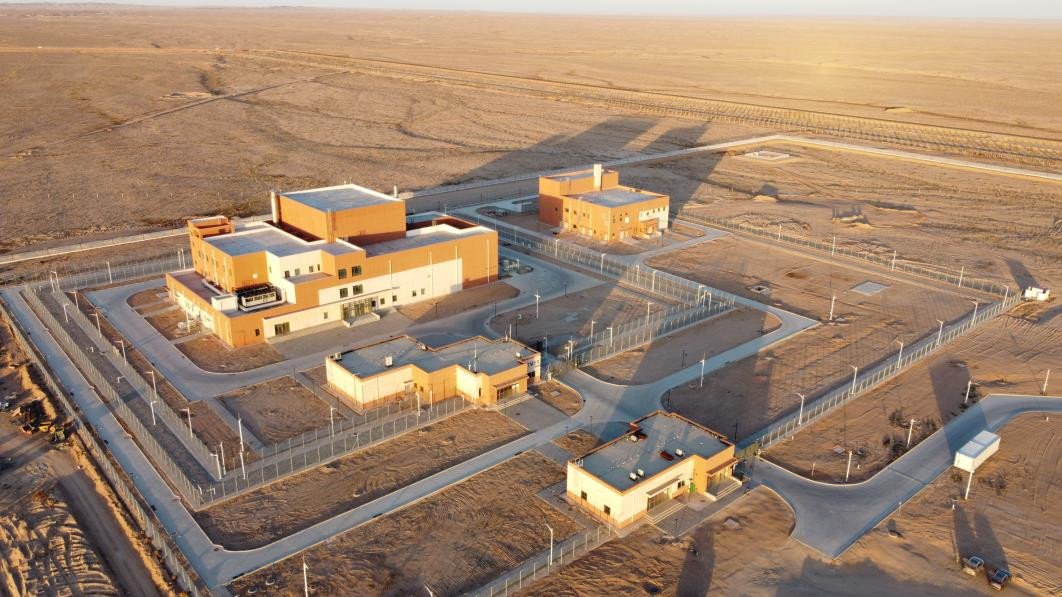

































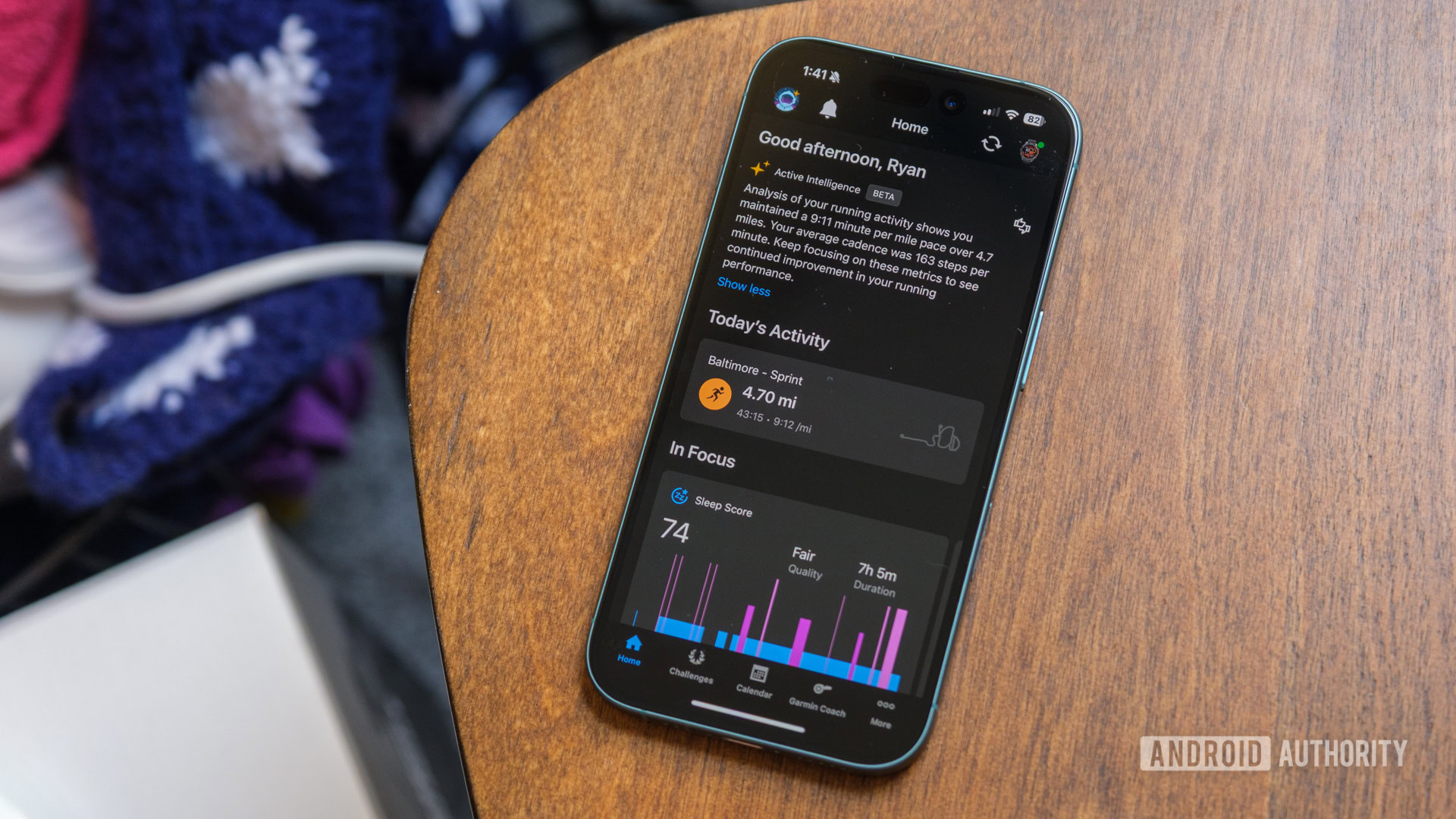





![What features do you get with Gemini Advanced? [April 2025]](https://i0.wp.com/9to5google.com/wp-content/uploads/sites/4/2024/02/gemini-advanced-cover.jpg?resize=1200%2C628&quality=82&strip=all&ssl=1)













![Apple Shares Official Trailer for 'Long Way Home' Starring Ewan McGregor and Charley Boorman [Video]](https://www.iclarified.com/images/news/97069/97069/97069-640.jpg)
![Apple Watch Series 10 Back On Sale for $299! [Lowest Price Ever]](https://www.iclarified.com/images/news/96657/96657/96657-640.jpg)
![EU Postpones Apple App Store Fines Amid Tariff Negotiations [Report]](https://www.iclarified.com/images/news/97068/97068/97068-640.jpg)
![Apple Slips to Fifth in China's Smartphone Market with 9% Decline [Report]](https://www.iclarified.com/images/news/97065/97065/97065-640.jpg)



































































































































